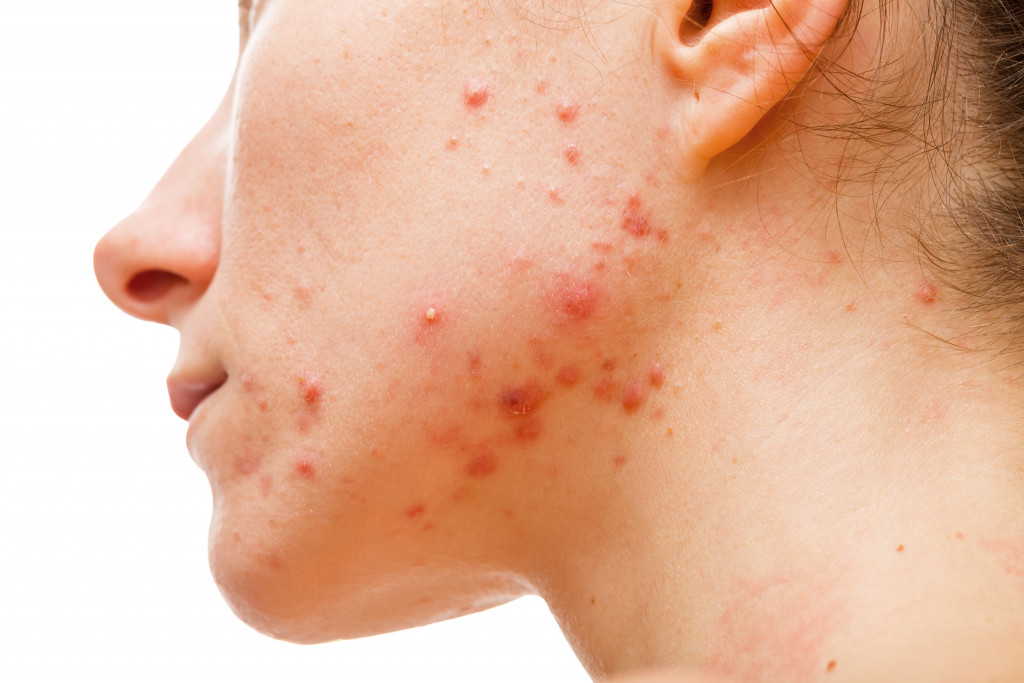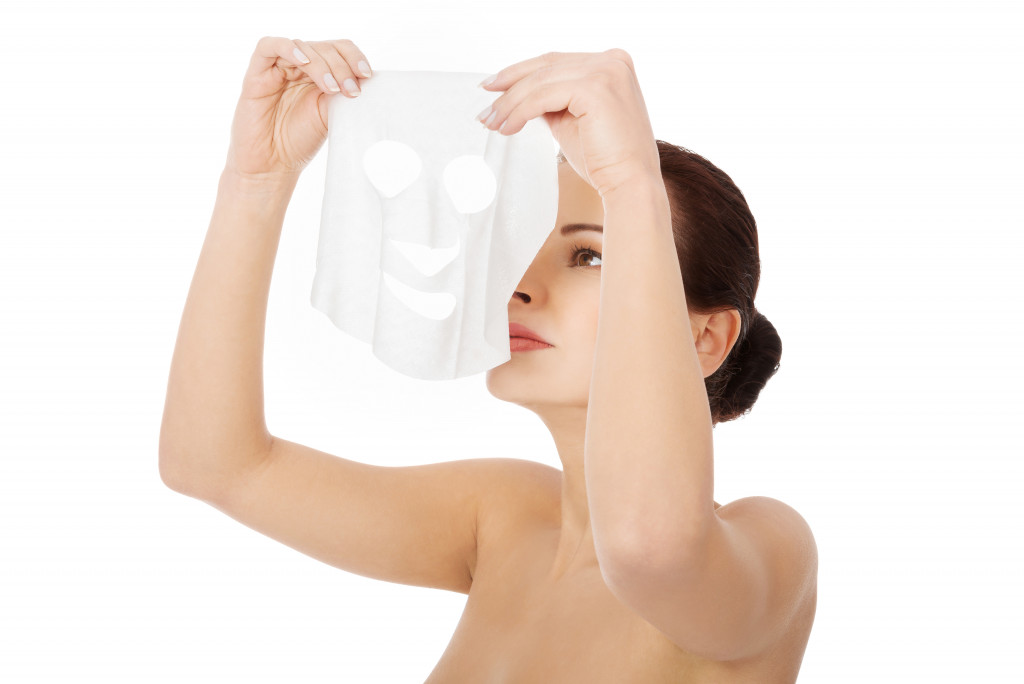Seven of the Best Ways to Avoid Acne

The skin is the largest organ in the human body, and it plays a vital role in protecting us from harmful environmental factors. The skin comprises three main layers: the epidermis, dermis, and subcutaneous tissue.
The epidermis is the outermost layer of the skin, and it is responsible for providing a barrier against water loss and external microbes. The dermis is the middle layer of the skin, and it contains blood vessels, nerves, hair follicles, and sweat glands. Finally, the subcutaneous tissue is the deepest layer of the skin, and it consists of fat and connective tissue.
Skin functions vary depending on its location on the body. For example, facial skin is thinner and more sensitive than the skin on the rest of the body, and it is also more susceptible to damage from ultraviolet (UV) radiation. The skin on the palms of the hands and the soles of the feet is thicker and tougher than other skin areas, which helps protect these areas from injury.
Because of its natural purpose to protect people’s internal organs, the skin is exposed to a harsh environment. This can lead to various skin diseases, the most common being acne.
What is Acne?
Acne happens when the hair follicles become jammed with oil and dead skin cells. The resulting plugged follicles can become inflamed or infected, which leads to pimples and other forms of acne, such as blackheads.
Several factors can contribute to the development of acne, including genetics, hormones, certain medications, and cosmetics. Acne is most common in adolescence, but it can occur at any age.
What Causes Acne?
The exact cause of acne is unknown, but it is thought to be related to several factors, including:
- Hormones: An increase in hormones called androgens can cause the sebaceous glands to enlarge and produce more sebum. Androgens are present in both males and females, but they are more prevalent in males.
- Medications: Certain medications, such as corticosteroids, lithium, and phenytoin, can cause acne.
- Cosmetics: Oil-based cosmetics or greasy hair products can block the pores and lead to acne.
- Stress: Stress can trigger or worsen acne.
- The weather: extreme cold or windy weather can dry out the skin and make acne worse.
- Your job: If you work in a job that exposes you to chemicals or oils, you may be more likely to develop acne.
Acne is a very common skin condition that affects millions of people around the world. There are several things that you can do to help prevent or treat acne.
Avoiding Acne
Keep your skin clean

Wash your face twice a day with a mild soap or cleanser to remove dirt, oil, and sweat. Be gentle when washing your face, as scrubbing too hard can irritate the skin and make acne worse.
Use non-comedogenic cosmetics
Look for makeup, sunscreens, and moisturizers that are labeled “non-comedogenic” or “oil-free.” Non-comedogenic means that the product will not clog the pores, and oil-free means that it does not contain any oils.
Avoid picking or squeezing pimples
Picking or squeezing pimples can cause more irritation and inflammation. These products are less likely to clog the pores and cause acne.
Shampoo regularly
If you have oily hair, shampoo at least once a day to remove excess oil from your hair. Avoid using products that contain oils or other ingredients that can block the pores.
Keep your hands off your face
Avoid touching or rubbing your face, which can aggravate the skin and lead to breakouts. If you must touch your face, wash your hands first.
Manage stress
Try to reduce the stress in your life, as this can trigger or worsen acne. Stress-relieving activities such as yoga, meditation, and deep breathing can help to reduce stress.
Skin Treatment
If your acne gets out of control, then you’ll have to resort to drastic measures. There are various skin treatments that deal with acne. One of the most effective is microbiome-friendly skincare. This kind of skincare promotes the microbiome found in your face, which is helpful in preventing all sorts of skin diseases, including acne.
Other forms of skincare come in the form of retinoids, which are derivatives of Vitamin A. These help to normalize the shedding of skin cells and reduce sebum production.
There are also topical antibiotics that can be used to kill the bacteria that cause acne. However, these should only be used as a last resort, as they can lead to antibiotic resistance.
Acne is a common skin condition that can be unsightly and frustrating. However, there are several things that you can do to help prevent or treat acne. Keep your skin clean, use non-comedogenic cosmetics, avoid picking or squeezing pimples, and manage stress. If your acne gets out of control, there are various skin treatments that can help, including microbiome-friendly skincare and retinoids.




